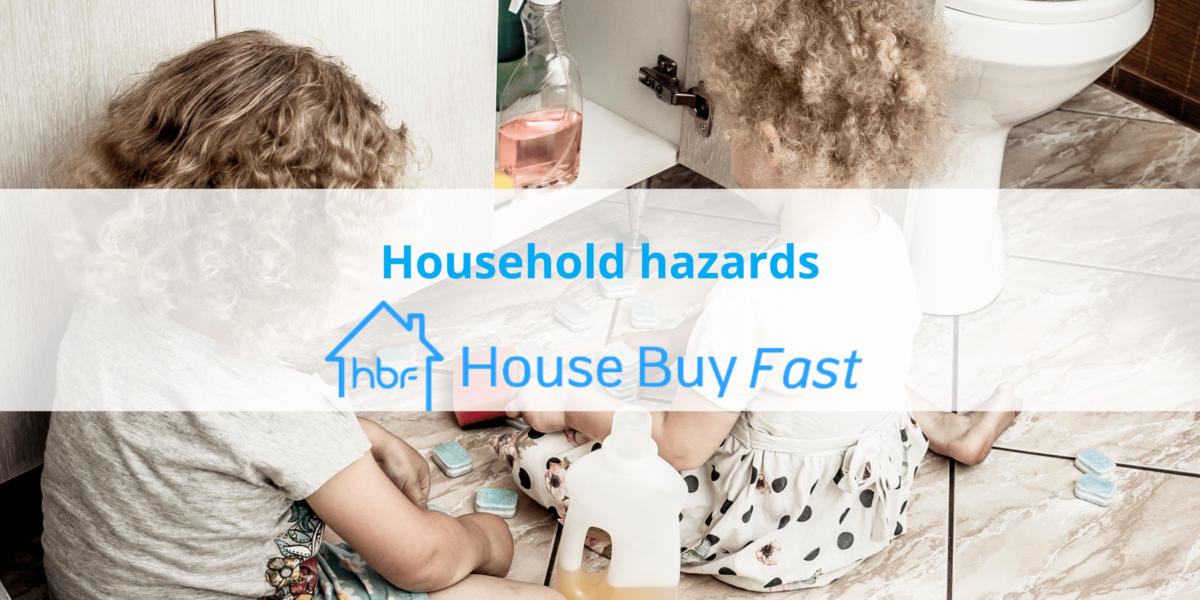Moving into your first home is exciting! Marking a step towards independence and freedom. However, living alone comes with responsibilities, particularly regarding personal safety and home security. Many first-time renters underestimate common hazards that, if overlooked, can lead to serious incidents or property damage. We’ve put together 10 essential safety tips, each illustrated by a real-life scenario to highlight what you should clearly – and shouldn’t do.
- Know the Location of Your Water Stop Cock
Quickly turning off the water supply can prevent serious flood damage. For example, if a pipe bursts under the sink, panicking and not knowing where to shut off the water can lead to extensive flooding damage.
In older properties, the water stop cock might be out in the street. Try and test it; it might be a bit stiff! - Install and Check Your Carbon Monoxide Detector
Carbon monoxide poisoning can be deadly. Imagine falling asleep unaware that a gas appliance is leaking carbon monoxide, waking up with dizziness and confusion, or worse. If you have a gas appliance, a boiler also uses gas – you need at least one CO detector. Read the leaflet, it tells you where to fit it. - Regularly Test Your Smoke Alarms
Smoke alarms are lifesaving. If a kitchen fire starts unnoticed overnight, without alarms, the outcome could be tragic. Use good quality batteries. - Learn How to Turn Off the Electricity
Knowing how to safely disconnect power is vital. Picture a scenario where your kitchen appliance malfunctions, sparks fly, and you don’t know how to quickly cut the power, increasing the risk of fire. Test the fuse box, and make notes on which controls which room. - Keep Exits and Corridors Clear
Always ensure corridors are unobstructed. Imagine trying to escape during a fire and stumbling over a pile of shoes or boxes blocking your hallway; it could be life-threatening. - Use Non-Slip Mats and Rugs
Loose rugs cause dangerous falls. For example, running to answer the door and slipping on a poorly placed rug can result in serious injury. - Ensure Stairs and Walkways are Well-Lit
Poor lighting increases accidents. Easy to miss a step at night without proper lighting. - Store Chemicals Safely
Improperly stored chemicals pose poisoning risks. Leaving cleaning chemicals under the sink within children’s reach can lead to accidental ingestion. The common social media trend of treating cleaning products as colourful potions can be deadly. Mixing bleach with vinegar causes the production of toxic chlorine gas. - Secure Furniture to Walls
Unsecured furniture can tip over and injure people. For example, a heavy bookshelf that is not properly secured could tip over if someone climbs or leans on it. Especially important in households with children. - Store Sharp Objects Properly
Leaving knives or sharp tools exposed can lead to severe cuts. Imagine accidentally reaching into a drawer and cutting yourself deeply due to carelessly placed knives. Do not put knives in the household bin; take them to the nearest police station.
Get Contents Insurance
Contents insurance is affordable. Imagine experiencing a burglary or fire without insurance; the financial loss could be devastating.
